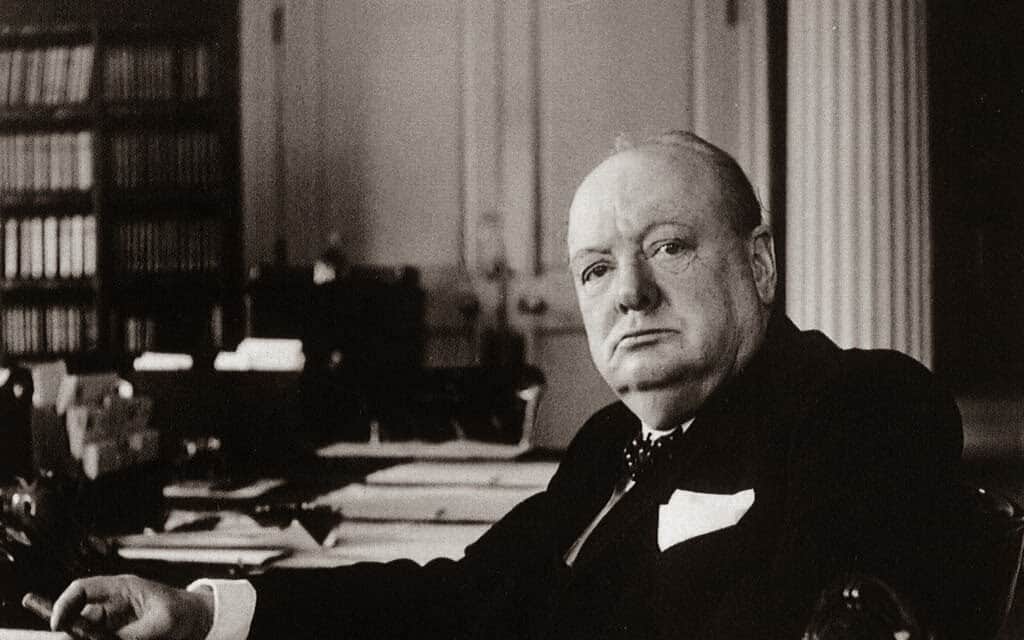We all screw up from time to time, but few of us have ever committed a blunder as great as some of those below. Take that time when a Kiwi jailbird convinced New Zealand’s intelligence service that a vast spy ring was about to wreak havoc across the country as a prelude to a Japanese invasion. Alarmed, the government contemplated martial law and the suspension of civil rights, before the whole thing was exposed as a hoax. Following are thirty things about that and other major blunders from history.

30. A Spy Catcher on the Make
In 1905, Kenneth Barnard Thomas Folkes was born in Gloucester, England. By the time WWII began, he had worked for about twelve years as a law clerk for a firm that handled many criminal cases, before he got a job with a carpet manufacturer in the Midlands. In 1940, he enlisted as a private with the Corps of Military Police, but mentioned only the legal work in his background questionnaire. Between that, a keen mind, and a fair knowledge of French, he was transferred to the Intelligence Corps and commissioned as a second lieutenant.
A tireless self-promoter, Folkes claimed that within just a few months of joining the Army, he had interrogated a prisoner of war and outsmarted him “until he told me what he wanted to hide“. In what in hindsight turned out to be a blunder, nobody questioned his claims, and by late 1940, he was offered command of New Zealand’s fledgling Security Intelligence Bureau (SIB), and a promotion to major. Once in Wellington, Folkes conflated and inflated his employment background as a law clerk and Midlands carpet manufacturer employee. He presented himself to the locals as a former Midlands lawyer, now devoted to the security of New Zealand’s war secrets.

